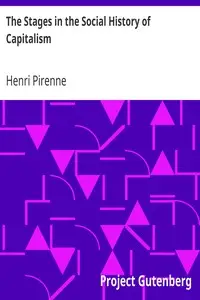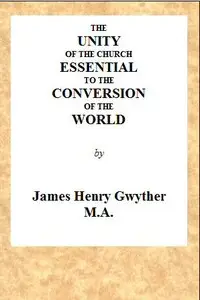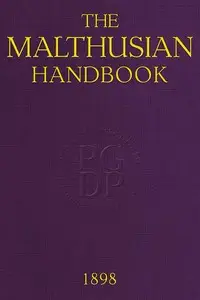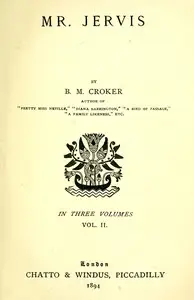"The Stages in the Social History of Capitalism" by Henri Pirenne is a historical account written in the early 20th century. The book explores the evolution of capitalism from the Middle Ages to modern times, focusing on the characteristics and origins of different classes of capitalists throughout various economic epochs. It presents an analysis of how social transformations influenced the capitalist class, suggesting that at each significant change in economic organization, a new group of capitalists emerges, discontinuous with those of the previous era. In this work, Pirenne argues that capitalism has ancient roots, existing in varying forms during the Middle Ages, particularly in urban centers like Venetian, Genoan, and Tuscan city-states. He traces the transitions from early agricultural economies to the rise of commercial practices in medieval towns, highlighting figures like St. Godric of Finchale as examples of early capitalists who accumulated wealth through trade. As economic structures evolved into more complex systems, the nature of capitalists shifted, leading to the emergence of new classes influenced by changing conditions and regulations. The book concludes that each class of capitalists starts with an innovative spirit, but ultimately becomes conservative as they seek to maintain their status amid increasing regulations and competition, reflecting the cyclical nature of economic history. (This is an automatically generated summary.)

The Stages in the Social History of Capitalism
By Henri Pirenne
An Address Delivered at the International Congress of Historical Studies, London, April, 1913
Genres
Released
2010-05-04
Formats
mobi
epub
epub3 (images)
epub (images)
mobi (images)
Free Download
Overview
About the Author
Henri Pirenne was a Belgian historian. A medievalist of Walloon descent, he wrote a multivolume history of Belgium in French and became a prominent public intellectual. Pirenne made a lasting contribution to the study of cities that was a controversial interpretation of the end of Roman civilization and the rebirth of medieval urban culture. He also became prominent in the nonviolent resistance to the Germans who occupied Belgium in World War I.
Total Reviews
10.0k
Total reviews from Goodreads may change













